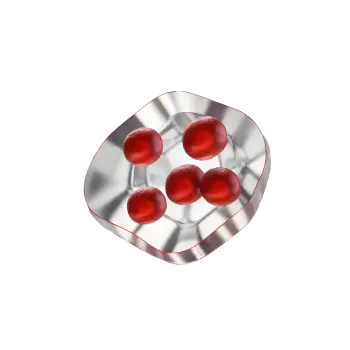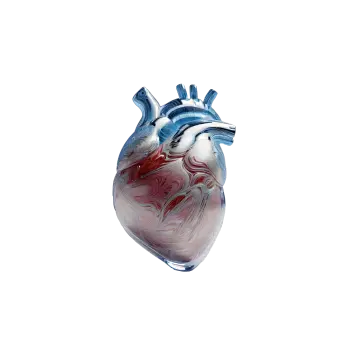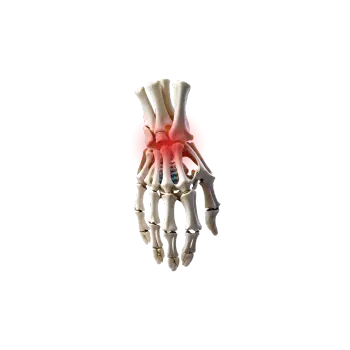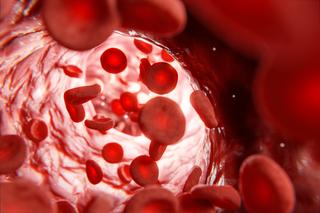What is hematocrit, EVF?
Hematocrit, also known as erythrocyte volume fraction (EVF), is a measure of the volume of red blood cells in your blood. It is typically expressed as a percentage of the total volume of your blood. Red blood cells are responsible for carrying oxygen throughout your body, so the hematocrit level can give important information about your overall health and fitness. A low hematocrit level can indicate anemia or other underlying health conditions, while a high hematocrit level can indicate dehydration or other problems such as polycythemia.
Why is hematocrit, EVF analyzed?
Hematocrit is an important measure of overall health and fitness because it provides information about the volume of red blood cells in your blood. Red blood cells are responsible for carrying oxygen throughout your body, so the hematocrit level can give important information about your body's ability to deliver oxygen to your tissues. This can be particularly important for athletes and other physically active individuals, who may have higher oxygen demands and need to ensure that their bodies are functioning properly to meet those demands.
What can an elevated value of Hematocrit, EVF mean?
If hematocrit level is elevated, it means that the percentage of red blood cells in blood is higher than normal. This can occur for a variety of reasons, but one common cause is dehydration. When you are dehydrated, your body loses water but the number of red blood cells remains the same, which can cause your blood to become thicker and the hematocrit level to rise.
An elevated hematocrit level can also be a sign of other underlying health conditions, such as heart or lung disease, or disorders of the bone marrow where red blood cells are produced. In some cases, a high hematocrit level can cause problems with circulation and oxygen delivery to the body's tissues, leading to symptoms such as shortness of breath, chest pain, or dizziness.
What can a low value of Hematocrit, EVF mean?
If your hematocrit level is low, it means that the percentage of red blood cells in your blood is lower than normal. This can occur for a variety of reasons, but one common cause is anemia. Anemia is a condition in which the body does not have enough healthy red blood cells to carry oxygen to the body's tissues. This can cause symptoms such as fatigue, weakness, and shortness of breath.
Symptoms of anemia
Anemia is a condition where the number of red blood cells in the blood is lower than normal. Symptoms of anemia may include:
- fatigue and weakness
- shortness of breath
- dizziness
- heart palpitation
- drop in blood pressure
- emaciation
- fainting
- tongue fever
- restless legs
- headache.
These symptoms can vary depending on the cause and severity of the anemia. If you are experiencing any of these symptoms, it is important to speak with a doctor.








































